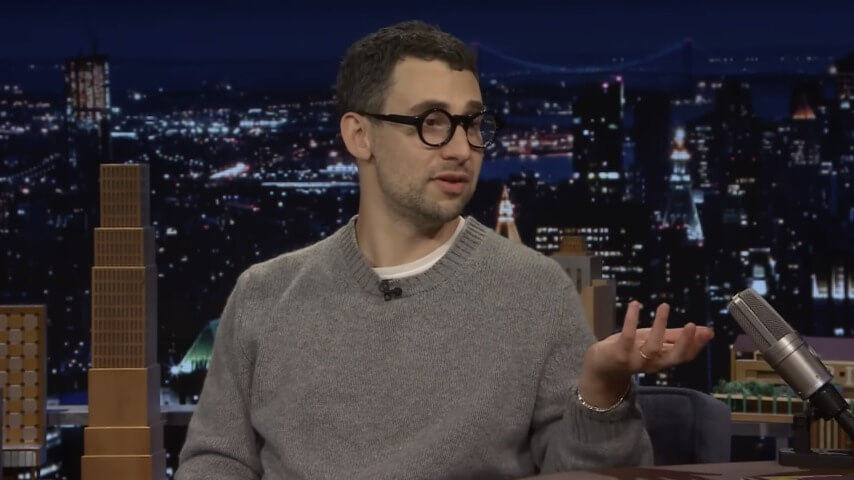Antonoff singled out a portion of Rabino’s remarks in which the CEO compared concerts to sporting events—he observed “it’s like a badge of honor to spend 70 grand for a Knicks courtside [seat]” and that the average concert ticket is priced way below a Lakers game. “[This] really breaks my heart and is a sick way of looking at it,” Grammy winner Jack Antonoff commented on Rabino’s remarks in a post to Twitter/X. He wrote that the “answer is simple: selling a ticket for more than its face value should be illegal. Then there is no chaos and you give us back the control instead of creating a bizarre free market of confusion amongst the audience who we love and care for. … As always when I read things like that I call my people right away to think of new ideas around it. We’ll never stop doing that. It could all be so easy if the people up top didn’t see the audience as a faceless group to extort money from.”
Antonoff is not the only one making calls, trying to figure out better solutions for fans. Last week, Ariana Grande released a statement regarding her Eternal Sunshine Tour, which quickly sold out—only for tickets at inflated prices to appear on platforms like StubHub, TickPick, SeatGeek, and even back on Ticketmaster. “I have been on set all week but I wanted to let you know that what’s been happening with the secondary ticket resellers has been brought to my attention and of course I am incredibly bothered by it,” she posted to her Instagram Story (via Billboard). “I’ve been on the phone every second of my free time fighting for a solution. I hear you and hopefully, we will be able to get more of these tickets into your hands instead of theirs. It’s not right. I just wanted you to know that my team and I see it and that I care very much and we will do, and are doing, everything we can. I love you so much and thank you for your patience and understanding.”
Contrary to how Rabino’s comments make it sound, live event ticketing is a bipartisan issue that pretty much everyone has a problem with. Some artists have tried to combat these issues from within, while others have explored making it work outside the system (Maggie Rogers, for instance, has been bringing back in-person box office sales). From artists to audience to legislators, most agree that the system needs to change. But if it’s the kind of change Rabino’s calling for, Live Nation may face even more backlash than it’s already seen.

 Keep scrolling for more great stories.
Keep scrolling for more great stories.
